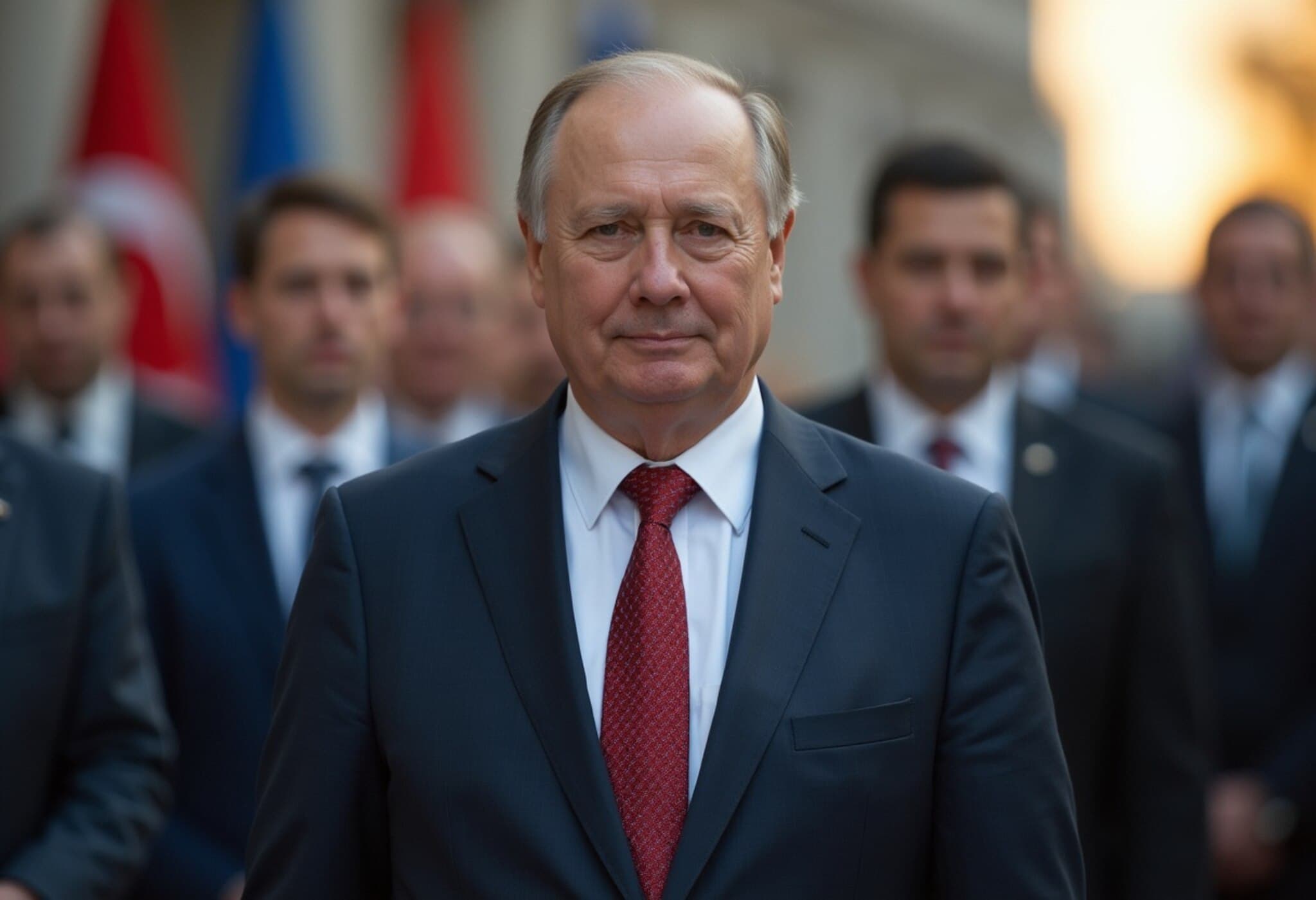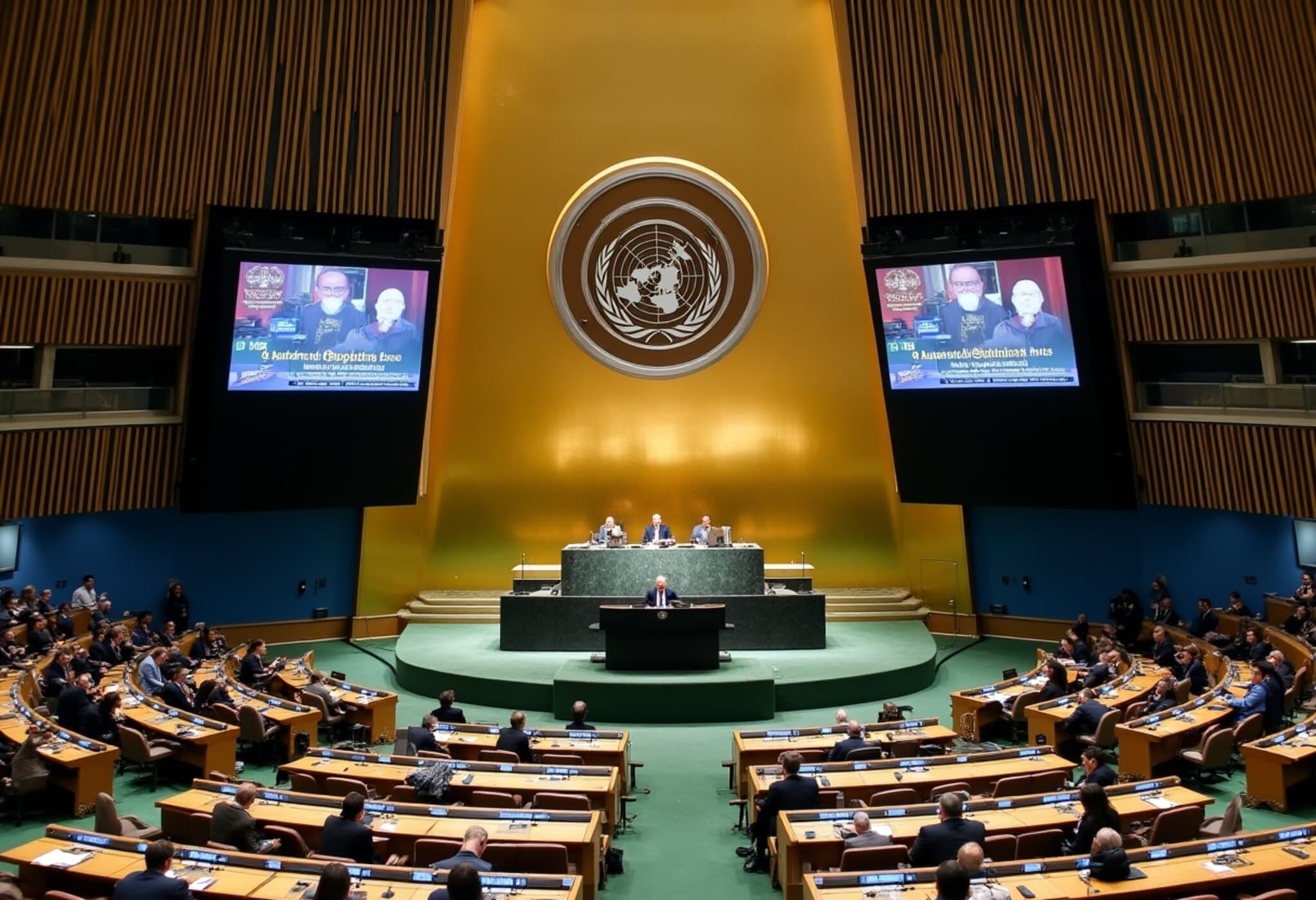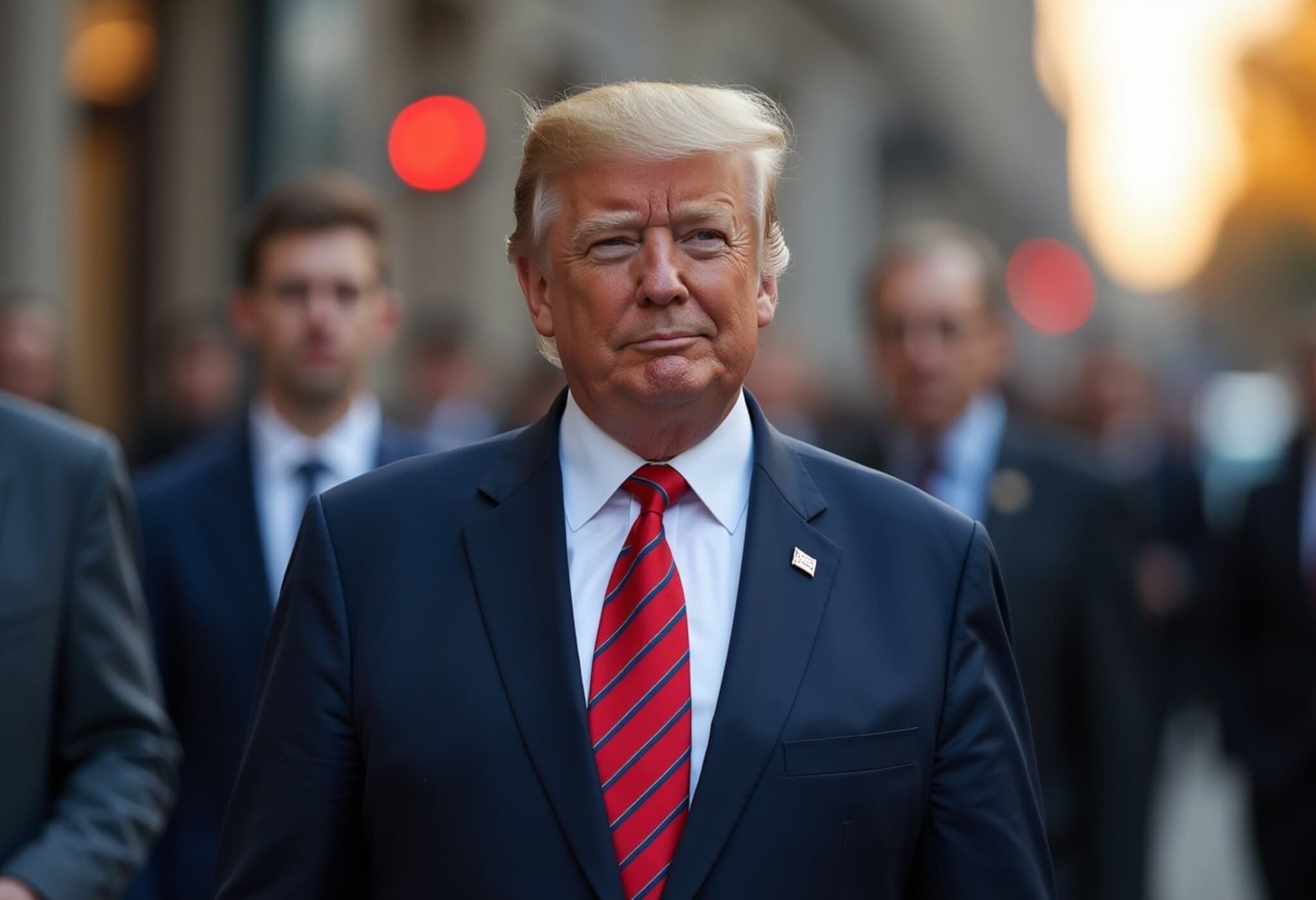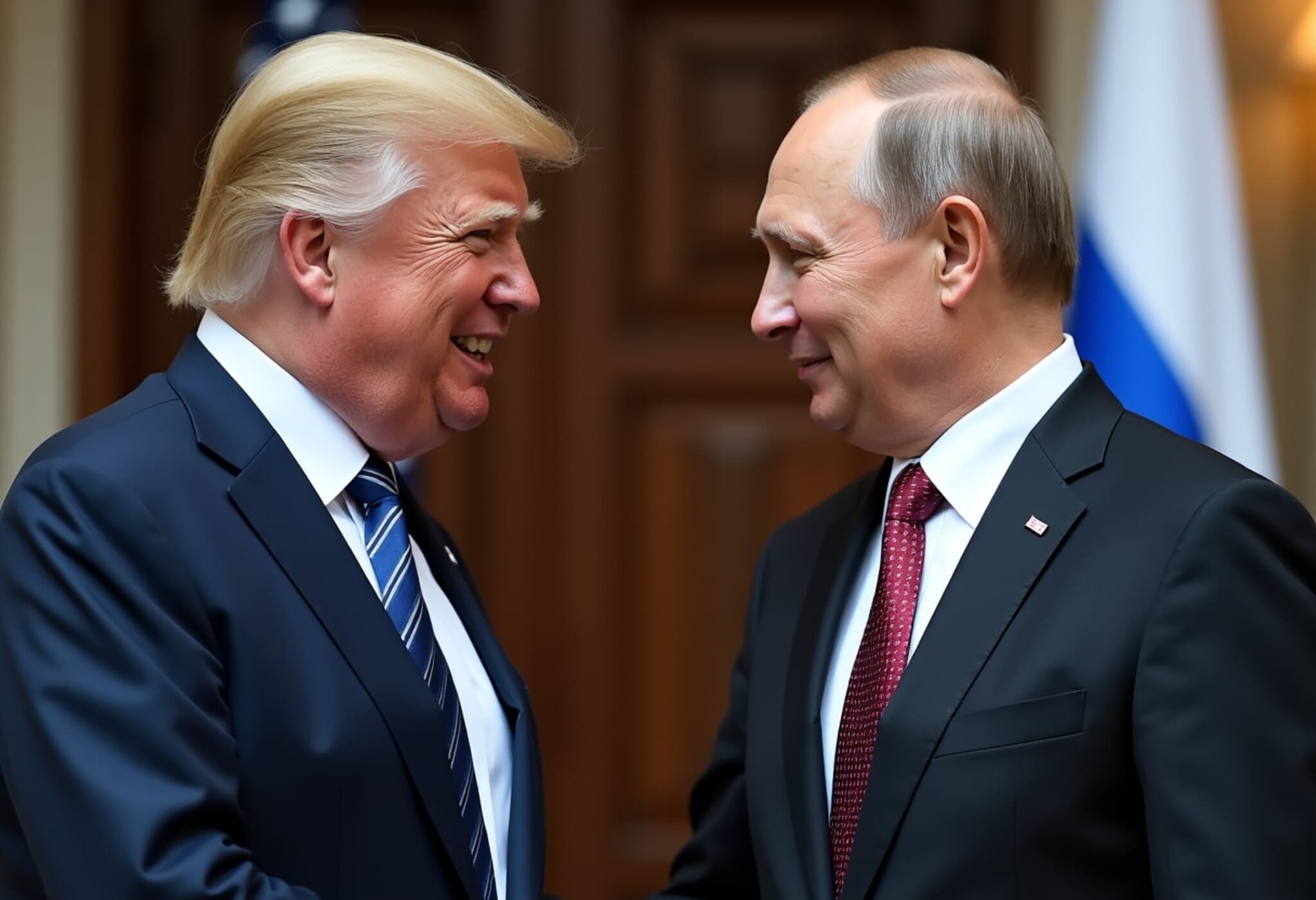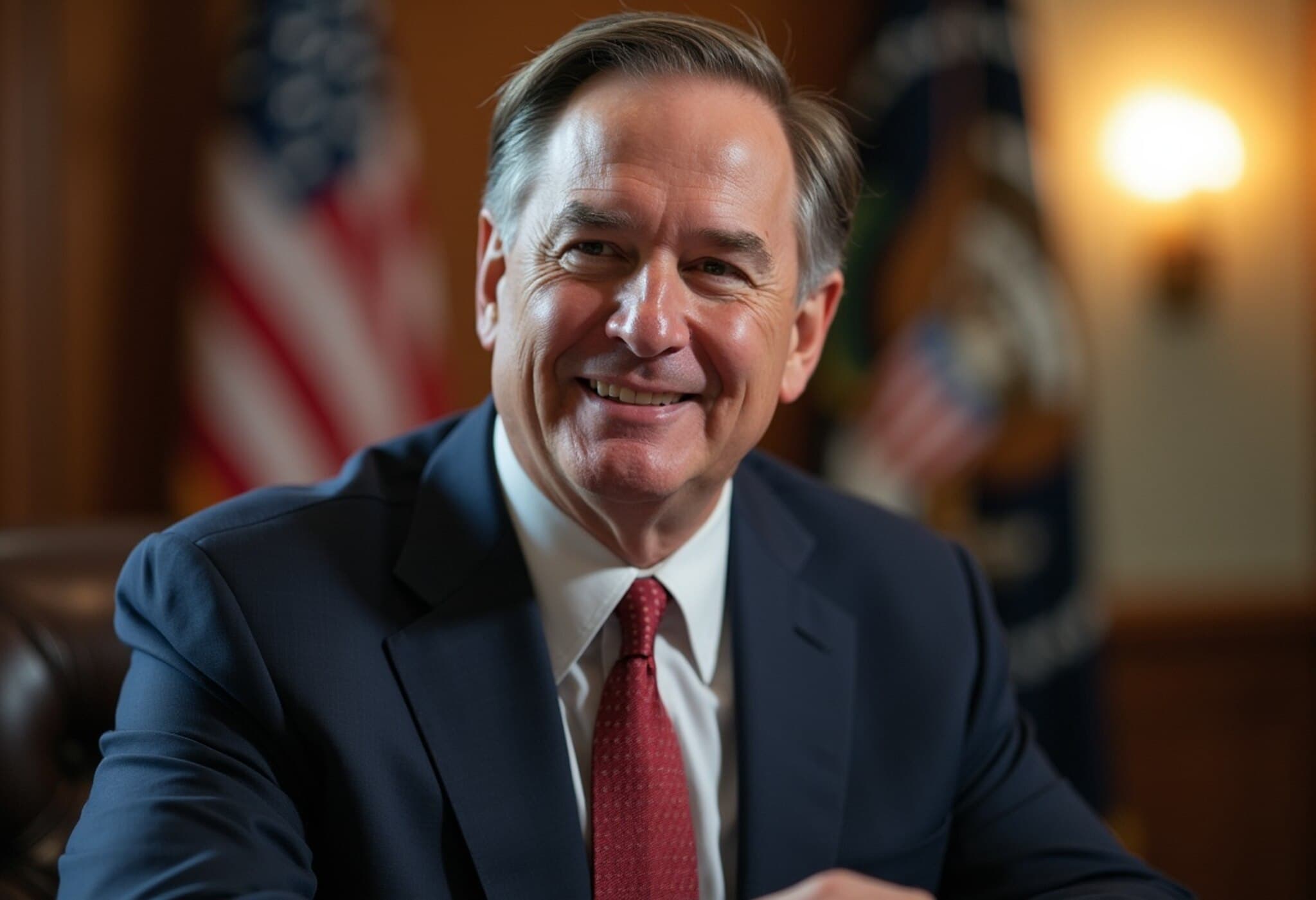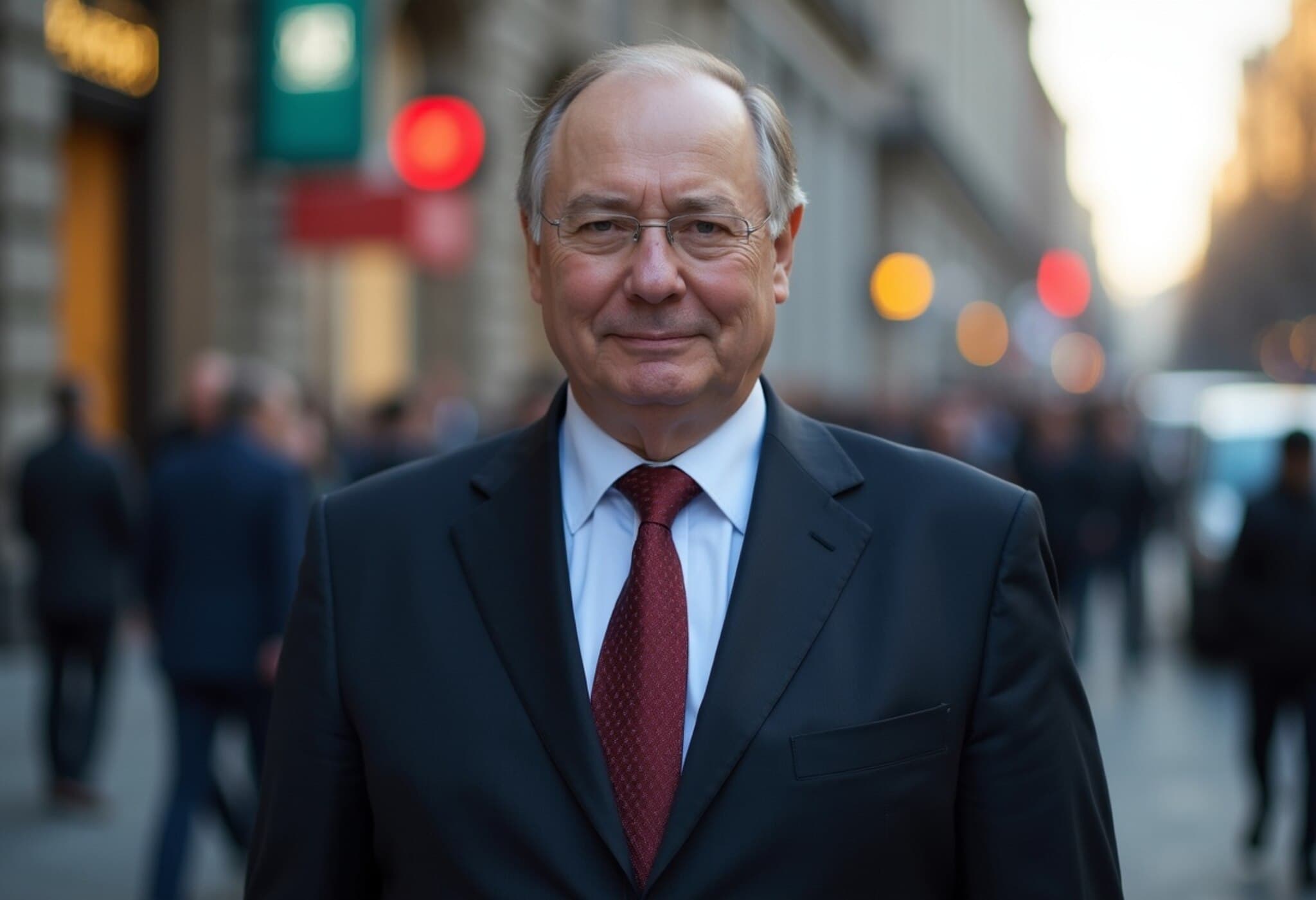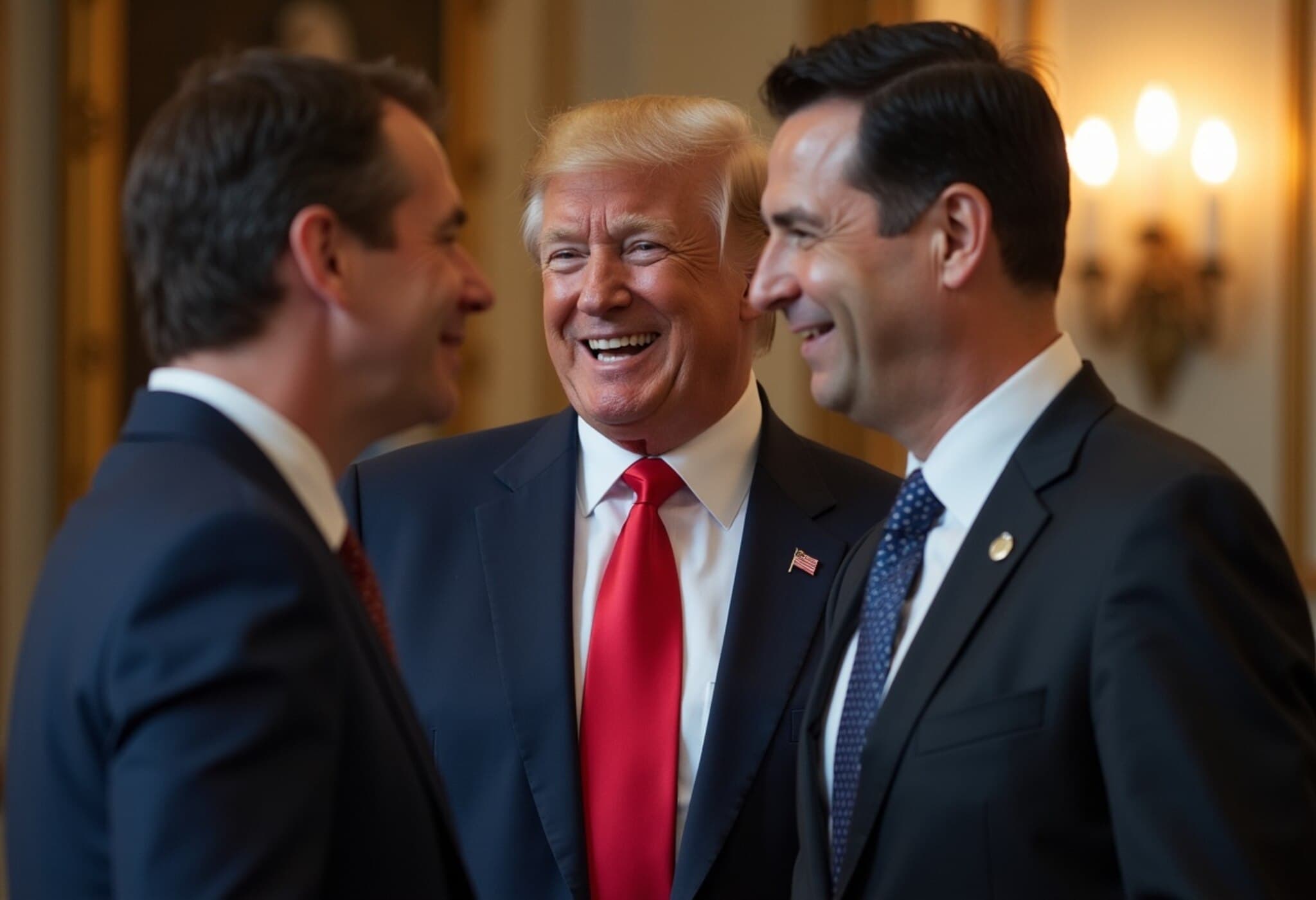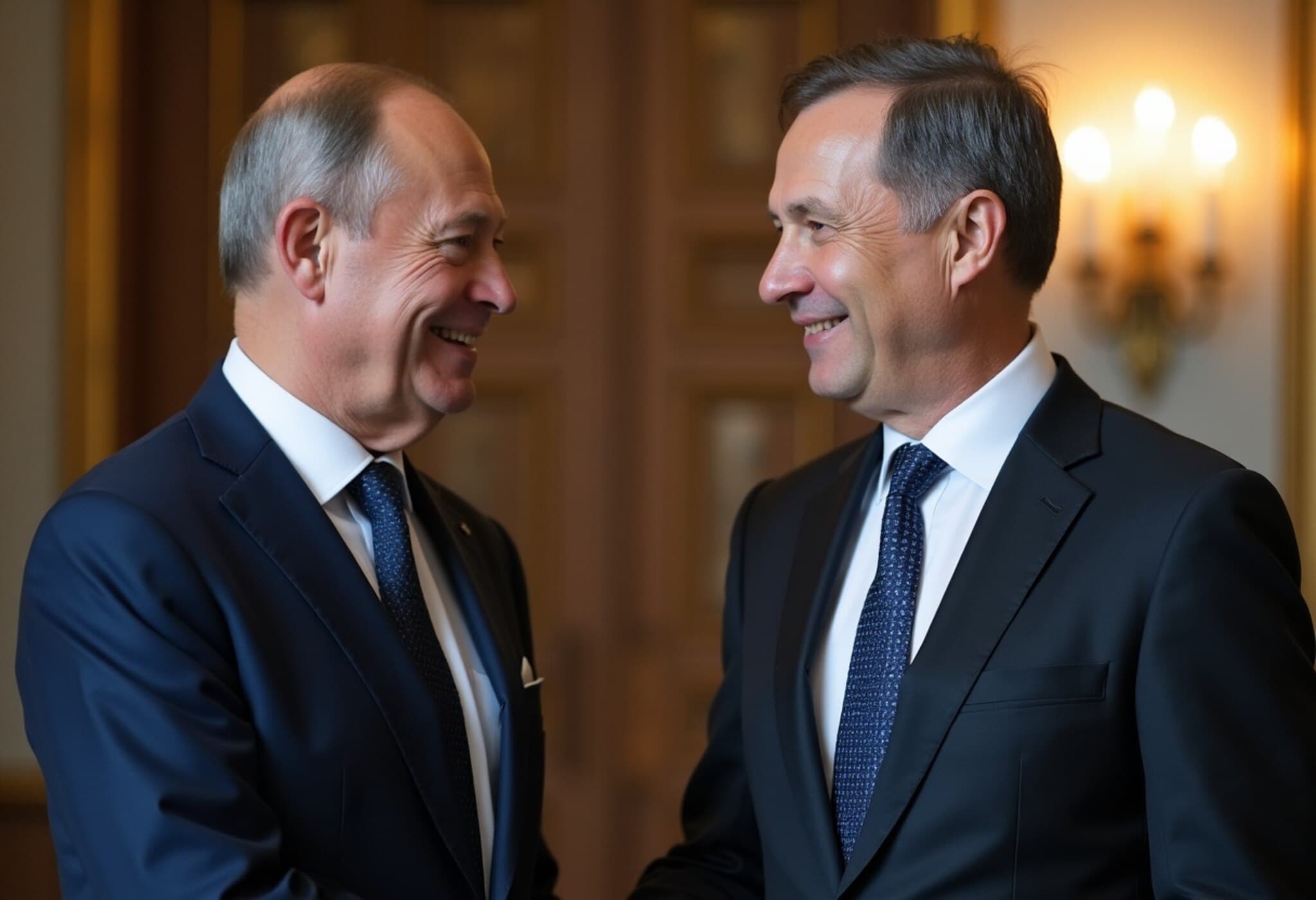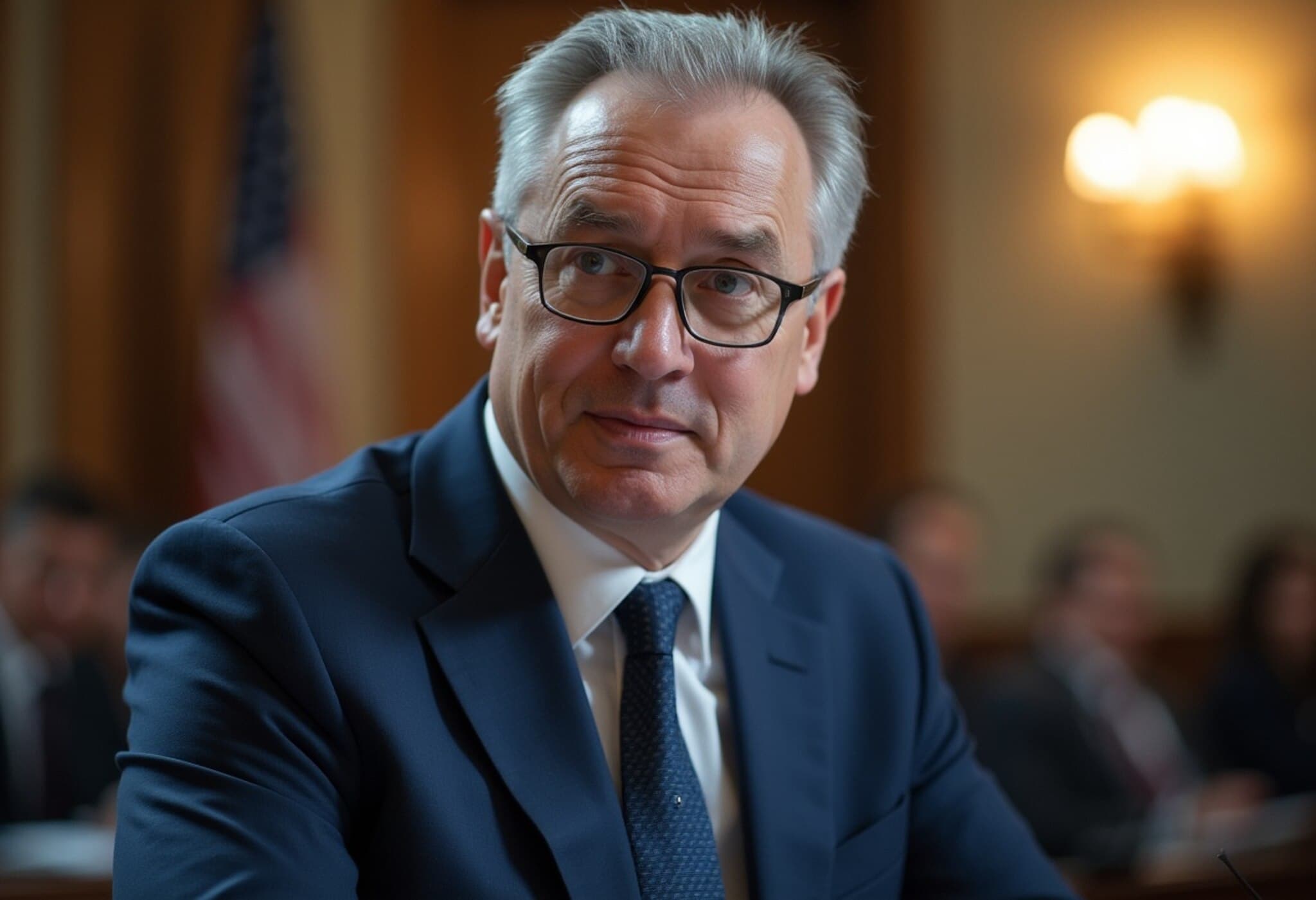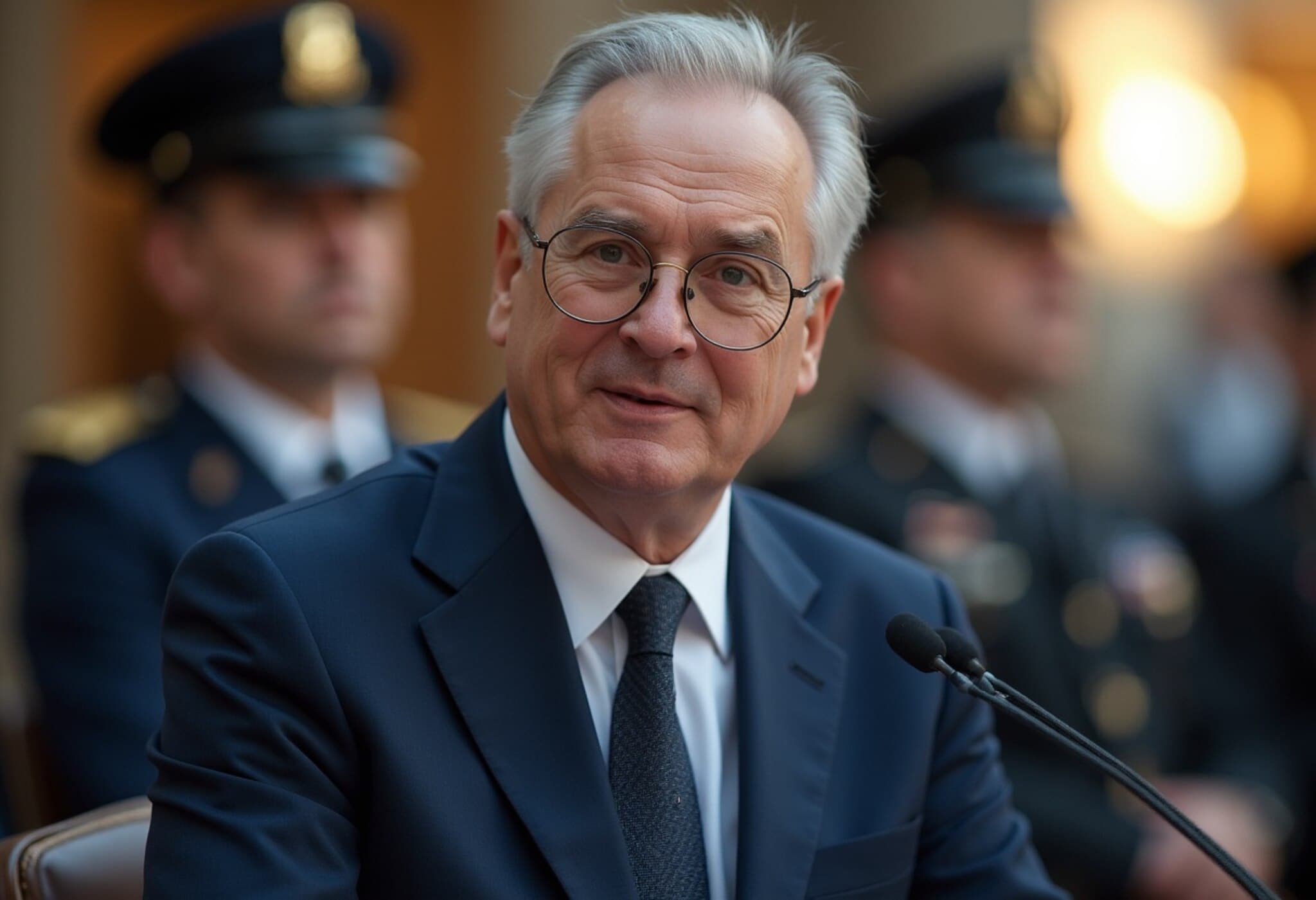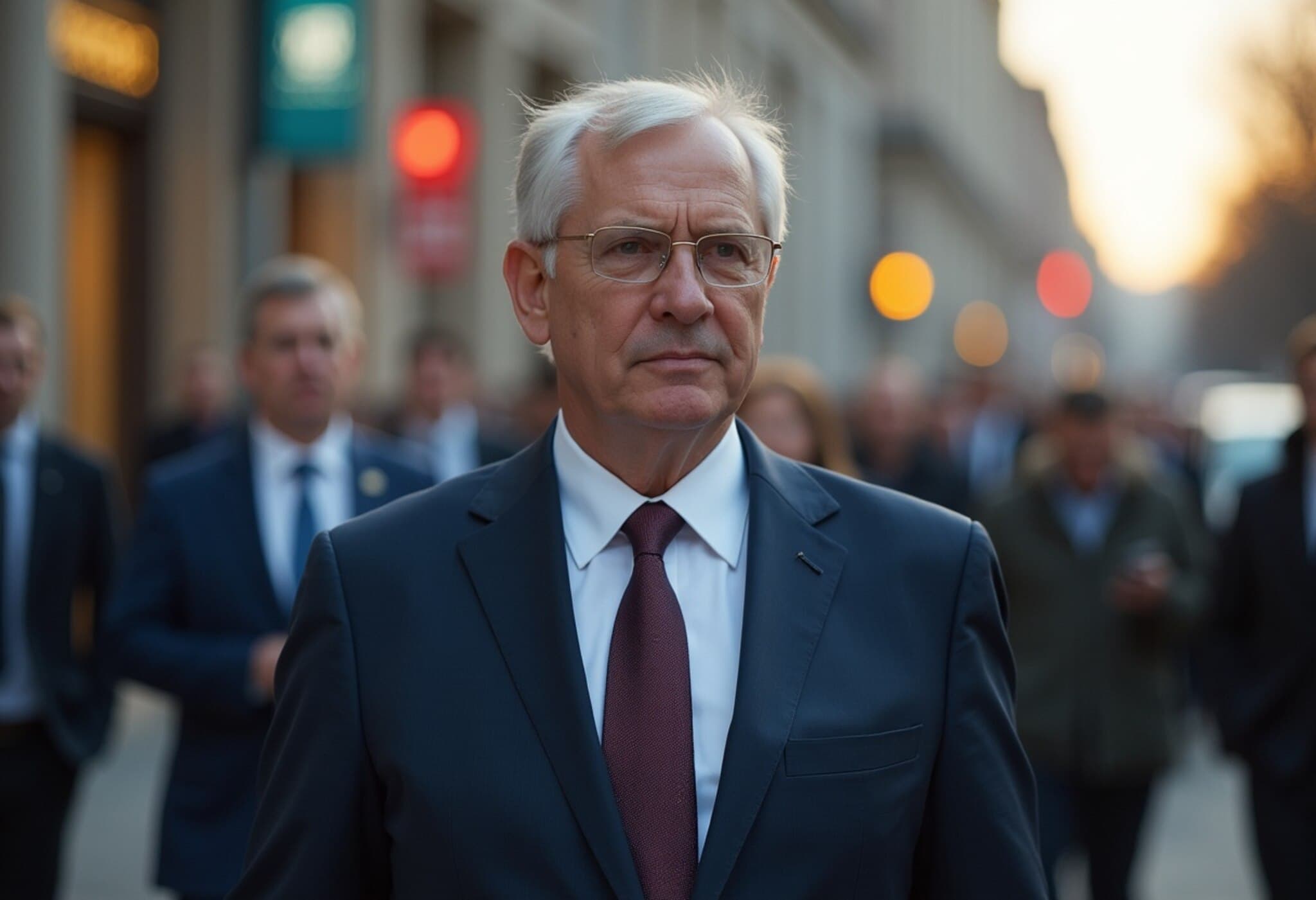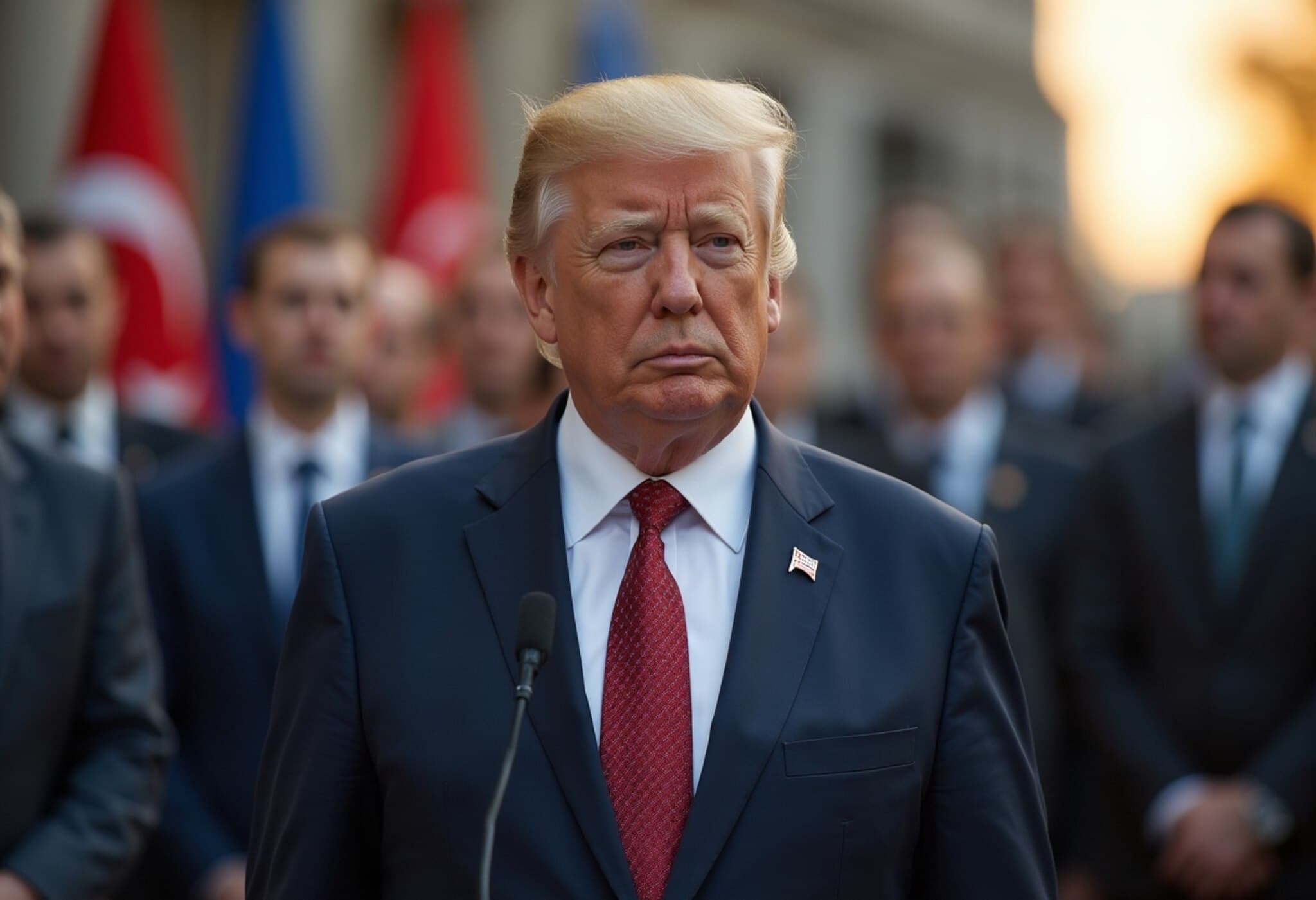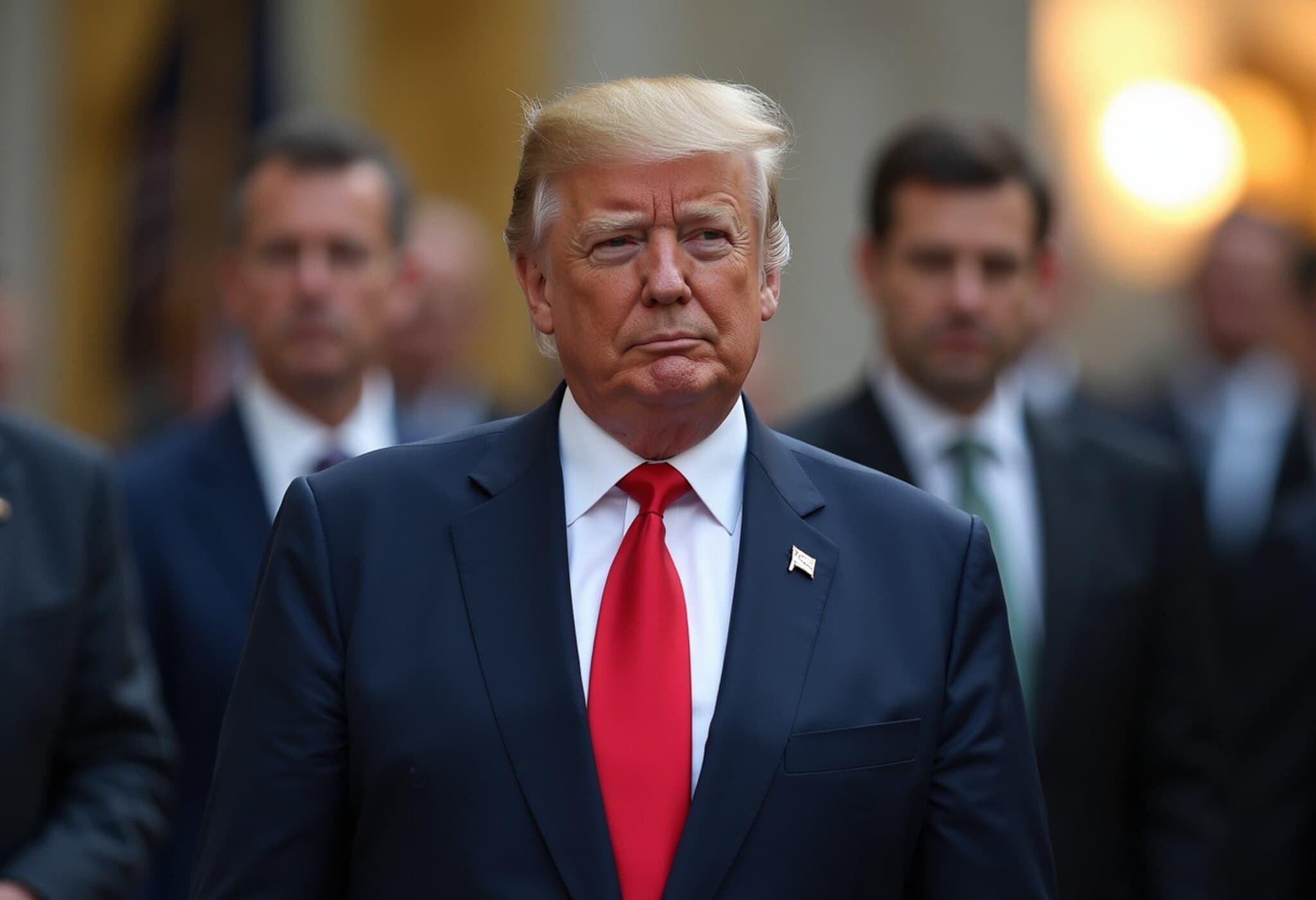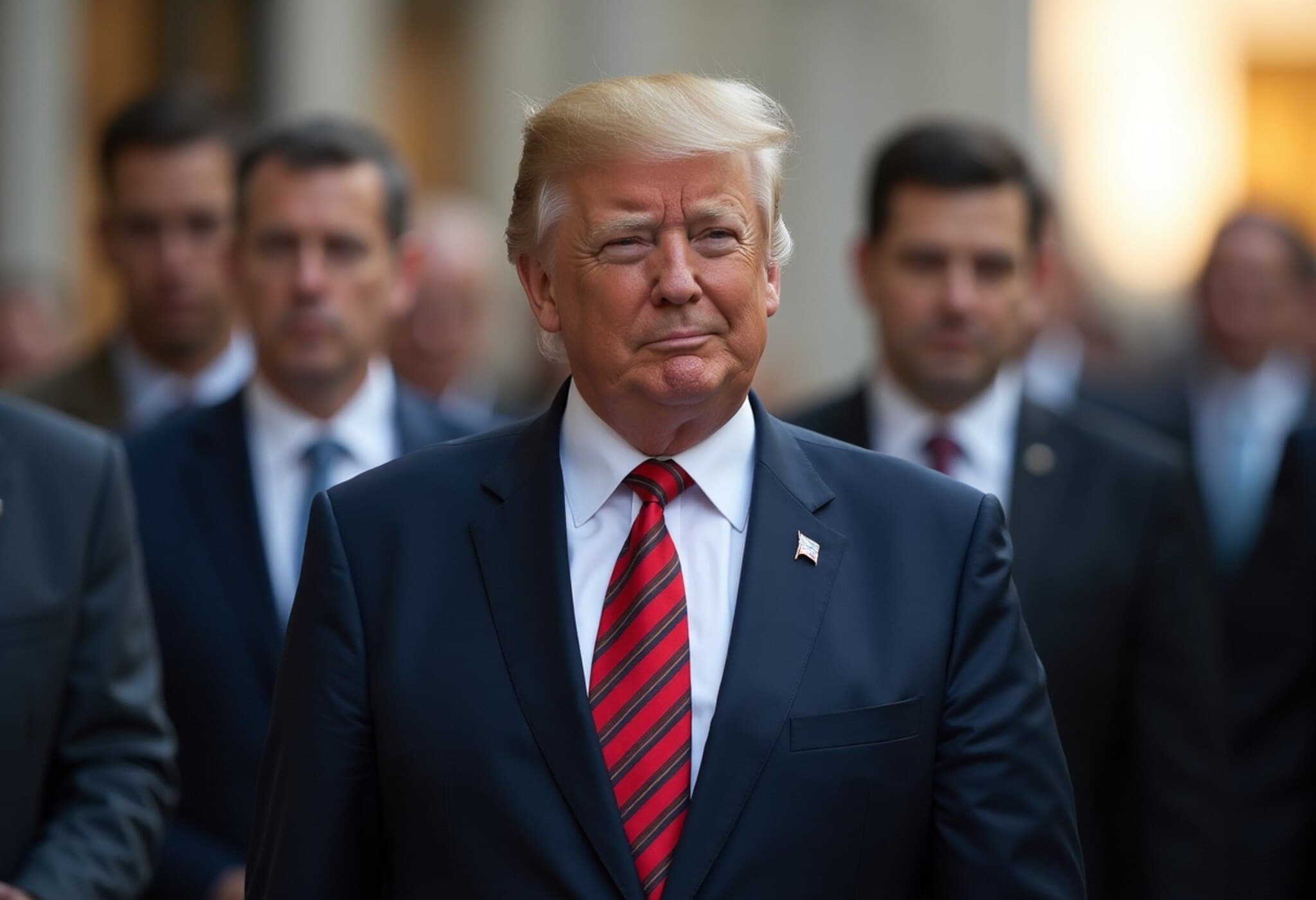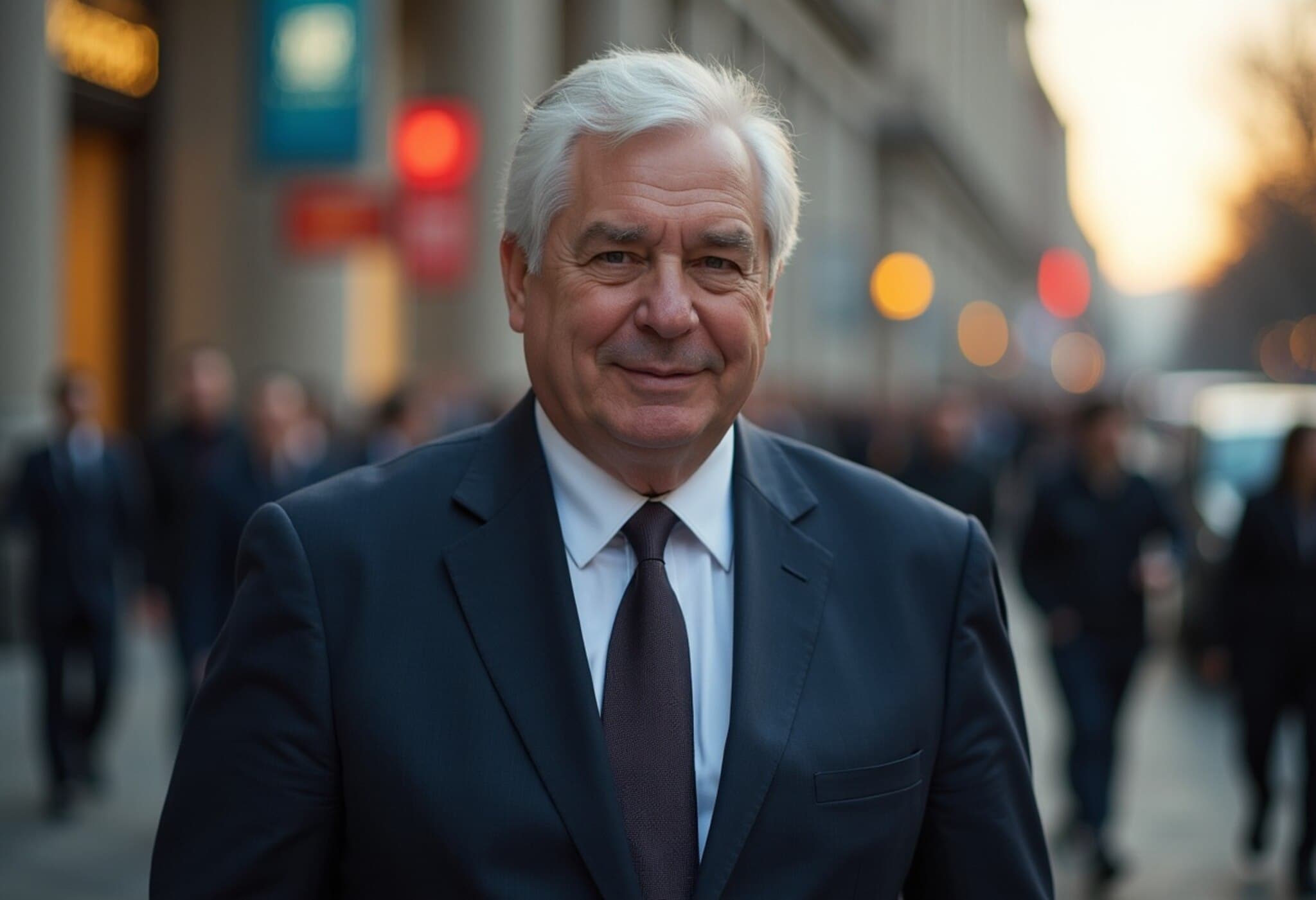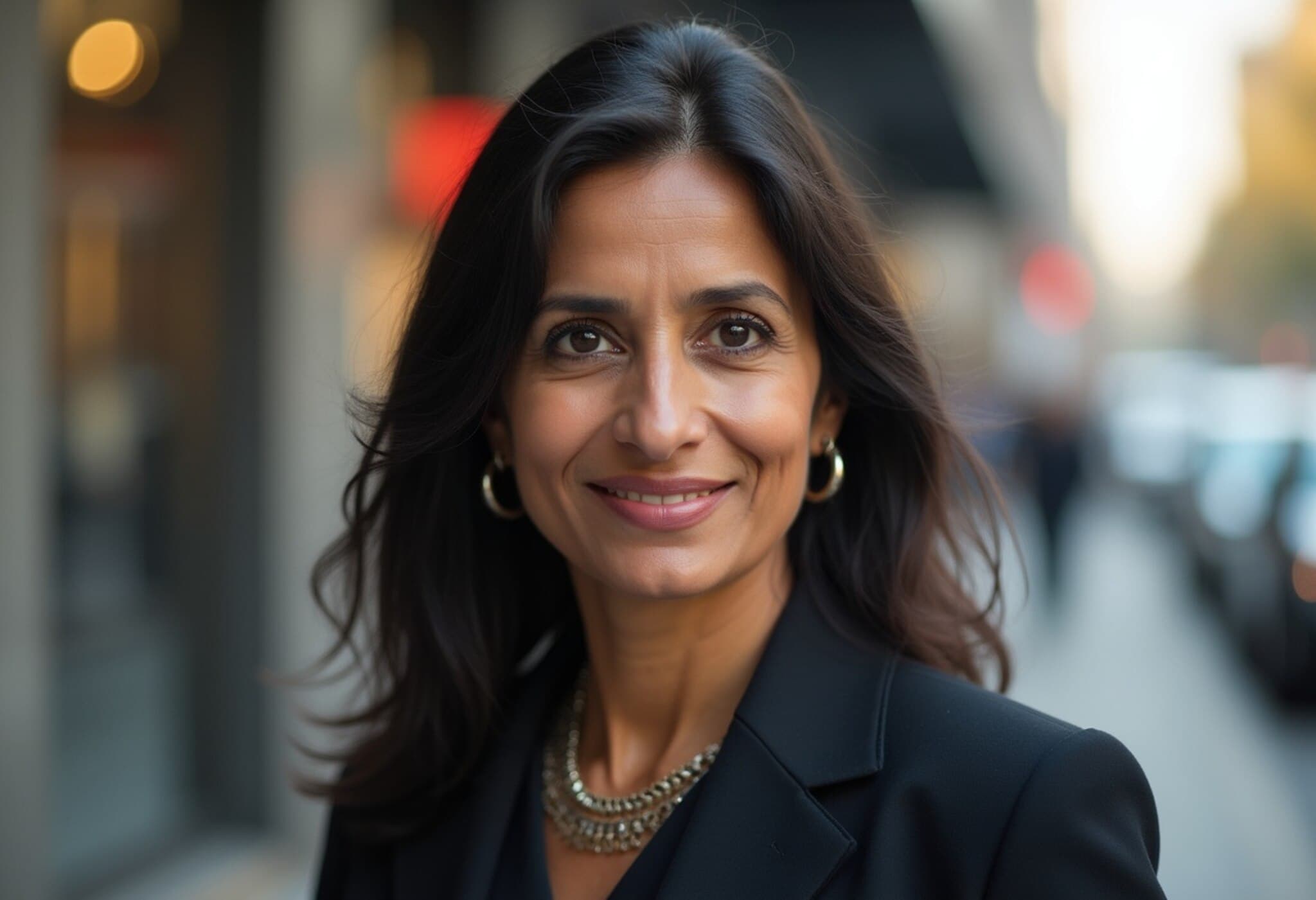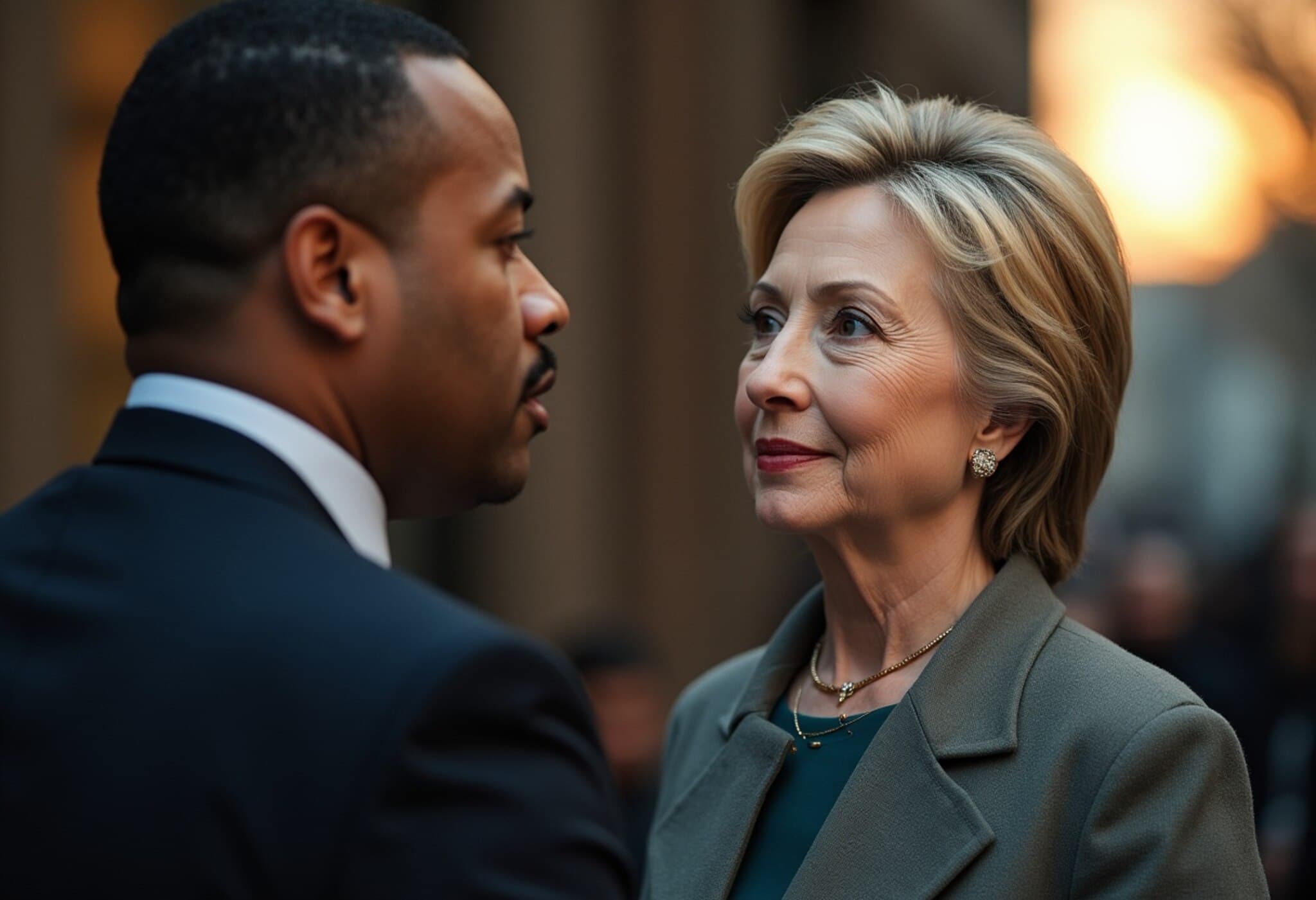Ukraine-Russia Peace Talks Scheduled for Wednesday in Turkey
After a seven-week pause, the latest round of peace negotiations between Ukraine and Russia is slated for Wednesday, July 23, 2025, in Turkey. This development was announced by Ukrainian President Volodymyr Zelenskyy on Monday, reflecting the persistent quest for a resolution amid one of the most protracted conflicts in recent history.
Striving for Momentum in Negotiations
Addressing Ukrainian diplomats in Kyiv earlier on Monday, Zelenskyy emphasized the urgent need to accelerate diplomatic efforts to bring an end to the war. "We need greater momentum in negotiations to end the war," he asserted, underscoring his administration's focus on key issues at the heart of peace efforts.
Central to Ukraine's agenda are the immediate return of prisoners of war, the repatriation of children abducted by Russian forces, and laying the groundwork for a leaders’ summit to further discussion of ceasefire terms.
The Role of Rustem Umerov
Integral to the process is Rustem Umerov, Ukraine’s recently appointed Secretary of the National Security and Defence Council, who is spearheading the talks. Zelenskyy disclosed that he had discussions with Umerov regarding preparations for a prisoner exchange, a humanitarian facet with profound implications for families on both sides, as well as coordination for the upcoming meeting in Turkey.
Kremlin’s Position: A Divided Path to Peace
While Kyiv confirms the Wednesday meeting, the Kremlin has expressed a more guarded stance. Spokesman Dmitry Peskov acknowledged that Moscow is waiting for an agreed date but admitted that the two parties remain "diametrically opposed" on fundamental points to end the conflict. According to Peskov, the negotiation involves contrasting draft memorandums from both sides, reflecting deep, unresolved disagreements.
This divergence is emblematic of the broader geopolitical impasse. Russian President Vladimir Putin has consistently refrained from direct talks with Zelenskyy, with his office citing Kyiv’s martial law and Zelenskyy’s extended term without new elections as reasons to question the legitimacy of his counterpart.
Historical Context and International Pressure
The conflict, now stretching over three and a half years, has seen numerous diplomatic efforts. Two prior rounds of talks held in Istanbul in May and June resulted in pragmatic outcomes like prisoner exchanges but failed to yield a comprehensive ceasefire or peace agreement.
International actors, particularly the United States under President Joe Biden, have ramped up pressure on Moscow for progress. Alongside fresh threats of enhanced sanctions targeting Russia and its trading partners within the next 50 days, Washington is signaling an intensification of diplomatic and economic leverage to coax a settlement.
What Lies Ahead?
The upcoming talks in Turkey will be closely watched by the global community. Observers note that despite the longstanding stalemate, continued dialogue—even if rocky—is vital to keeping an avenue open for peace. However, the entrenched positions and absence of direct leadership engagement from Putin complicate prospects.
- Key issues: prisoners of war, abducted children, leaders’ summit
- Challenges: divergent proposals, legitimacy disputes, ongoing hostilities
- International stakes: sanctions threats, global security concerns, humanitarian implications
Expert Insight
From a diplomatic perspective, these talks illustrate the complexity of conflict resolution in situations where trust is eroded, and national narratives clash fundamentally. Experts suggest that incremental confidence-building measures, such as humanitarian exchanges, are a necessary prelude to tackling thornier political questions. The US’s strategic sanctions timeline introduces an additional variable, potentially incentivizing or backfiring depending on Moscow’s calculus.
Editor’s Note
As Ukraine and Russia prepare to reconvene in Turkey, the stakes have never been higher for regional stability and global security. While the path to peace remains fraught with obstacles, the resumption of talks offers a vital window to reduce suffering and explore diplomatic breakthroughs.
Readers should consider: How can international actors balance pressure with engagement to unlock progress? What roles do legitimacy and domestic politics play in peace negotiations? And ultimately, are these talks a genuine step toward ending the war, or a temporary pause in a prolonged conflict?

